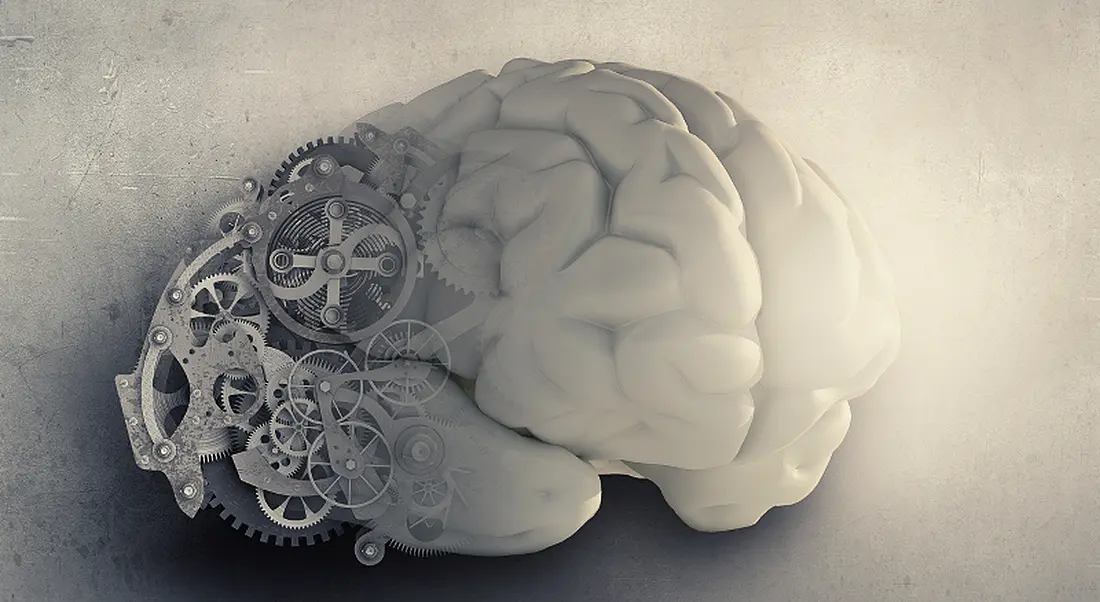This week’s deep look into STEM professions brings us to engineers, the intricate cogs in the structure of all humanity.
Engineers are behind our bridges, motorways, skyscrapers, spaceships and so much more. They spend years in college studying incredibly intricate maths so we don’t have to.
What they do: Mechanical engineers work out how mechanical devices can solve problems. They basically use their expertise to better manage energy, control and manage manufacturing systems, and deal with machinery.
Civil engineers plan, design, and supervise the construction of buildings, roads, bridges and other structures. Aerospace engineers deal with spacecraft, biomedical engineers with medical instruments and electrical engineers deal with power.
What they don’t do: Fix or clean the engine in your car.
Educational requirements: Engineering courses throughout the world tend to have heavy attrition rates of student drop-out due to the high difficulty with regards to mathematics and conceptual design. College degrees at a bare minimum requirement.
Required skills: Maths. Oh all of the maths. Geometry, trigonometry, algebra etc… Then, depending on the discipline, you will need requisite science knowledge. That could be physics, chemistry, biology or even ecology.
Salary: According to Hays’ salary guide for 2015, junior construction engineers would bag around €28,000, rising as high as €60,000 when moving up the well-engineered ladder. Mechanical design engineers would start around the same area and, on the whole, move up accordingly.
![]()
![]()
![]()
![]()
![]()
![]()
![]()
![]()
![]()
![]()
Engineer’s brain image, via Shutterstock




